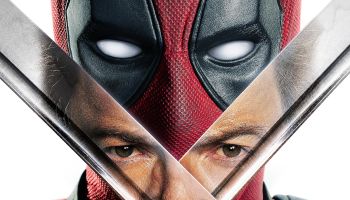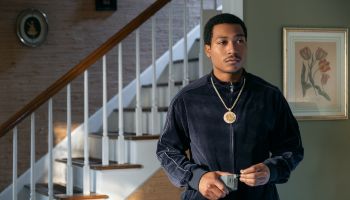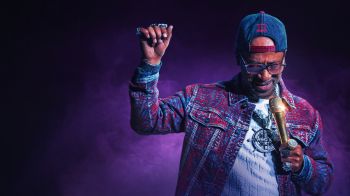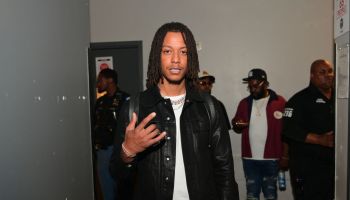For 14 years, Hugo Chávez Frías led Venezuela as a one-man show, his rule deeply rooted in his leftist “Bolivarian Revolution” views, socialist-inspired agenda, generous spirit and intense disdain for free market capitalism.
But like all boisterous and outspoken leaders, Chavez’s rule was blanketed by a clear divide in the country and in the world. He was championed for his concern of the country’s poor, but despised for his censoring of the media.
His social and economic reforms over the years arguably lowered poverty levels in Venezuela by fifty percent. But he faced opposition from U.S. friendly Venezuelans for his nationalization reforms.
He played the role as the Latin Caudillo, leading the U.S. to believe he was the second-coming of Fidel Castro, but his nearly two decades of rule were won without rigging over the course of 17 elections. Take it from Jimmy Carter, who said in 2006 that Chavez’s large margin win was won “fairly and squarely.”
He was a godsend for those who could remember former Venezuelan President Carlos Andre Perez, whose legacy was tarnished with poverty, privatization, and thousands of Venezuelan deaths. But to most Americans, his popularity was riddled with anti-democracy aspects (rewriting the constitution, expanding the supreme court, consolidating power and shutting down opposition media).
These things are all true. But now the 58-year-old leader is gone and left a polarizing legacy that saddens some, has others rejoicing, and confuses those who don’t know how to feel about his death.
PHOTOS: The End Of An Era: Mourners Line Streets As Casket Of President Hugo Chavez Passes By
And now, while a country divided mulls over the next leader and whether Chavez’s policies will stick, we’re left to grapple with how to categorize him in our history books forever.
Good or bad? Dictator or liberalist? You be the judge.
POSITIVE?
Over the course of Chavez’s socialist-focused rule, some six million children received free meals a day; near-universal free healthcare has been established; and education spending doubled. The leader implemented a housing program that built over 350,000 homes and brought hundreds of thousands of families out of sub-standard housing in the barrios.
NEGATIVE?
Some of Chavez’s policies and ideas were contradictory, which singled out his “good” intentions. Insisting that Venezuela remain a vibrant democracy, Chavez denied trying to restrict free speech. But opponents still faced criminal charges or were driven to exile and underhanded actions took place to ensure the opposition stayed quiet. In one instance, the government forced one opposition-aligned television channel, RCTV, off the air by refusing to renew its license.
POSITIVE?
Chavez’s ideology was based on the equal distribution of resources and finances in his country. He invested Venezuela’s oil wealth into social programs that included state-run food markets, cash benefits for the poor and free health clinics. Official statistics showed poverty rates decline from fifty percent at the beginning of Chavez’s first term in 1999, to thirty-two percent in the second half of 2011.
NEGATIVE?
It was no secret. Chavez was a flamboyant and often offensive orator. He was not afraid to publicly declare a feud with any leader in the world, and made that very clear when he called former U.S. president George W. Bush a devil at the United Nations.
POSITIVE?
Intelligence communities and U.S. diplomats may have seen him as a threat, but Chavez still made positive connections with America despite his rocky history with the country. He visited the nation’s impoverished neighborhoods like New York’s South Bronx, implemented his heating-oil program in the U.S. and offered to help victims of Hurricane Katrina, all of which lead Representative Jose Serrano of New York to mourn the leader, saying that he “understood the needs of the poor.” Needless to say, Serrano received backlash for his declaration.
NEGATIVE?
Then there were his political allies. Take Iran for example. Or his support of other leaders in the world that were deemed dictators in Libya (Muammar Gaddafi) or Syria. And then there was the rampant crime in Venezuela. The death toll in 2011 reached around 20,000 from crime and violence, all of which could be connected to Chavez’s rule.
With both the opposition and support holding strong to their beliefs, it’s hard to say how we’ll remember Chavez 50 years from now. But at the very least we can be grateful for his dedication to the poor and never forget his heavy-handed rule.
In reality, it is not a matter of whether he was bad or good; we can remember both sides and make sure we repeat the positive and learn from his mistakes.
SOURCE: DailyBeast | Buzzfeed | Independent
















